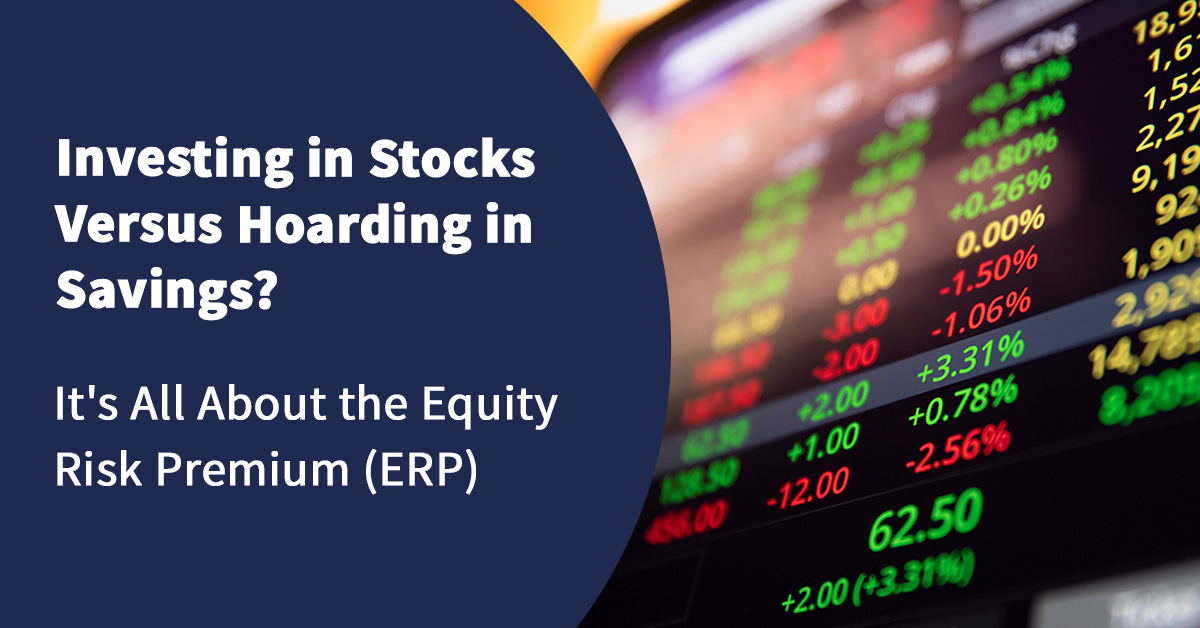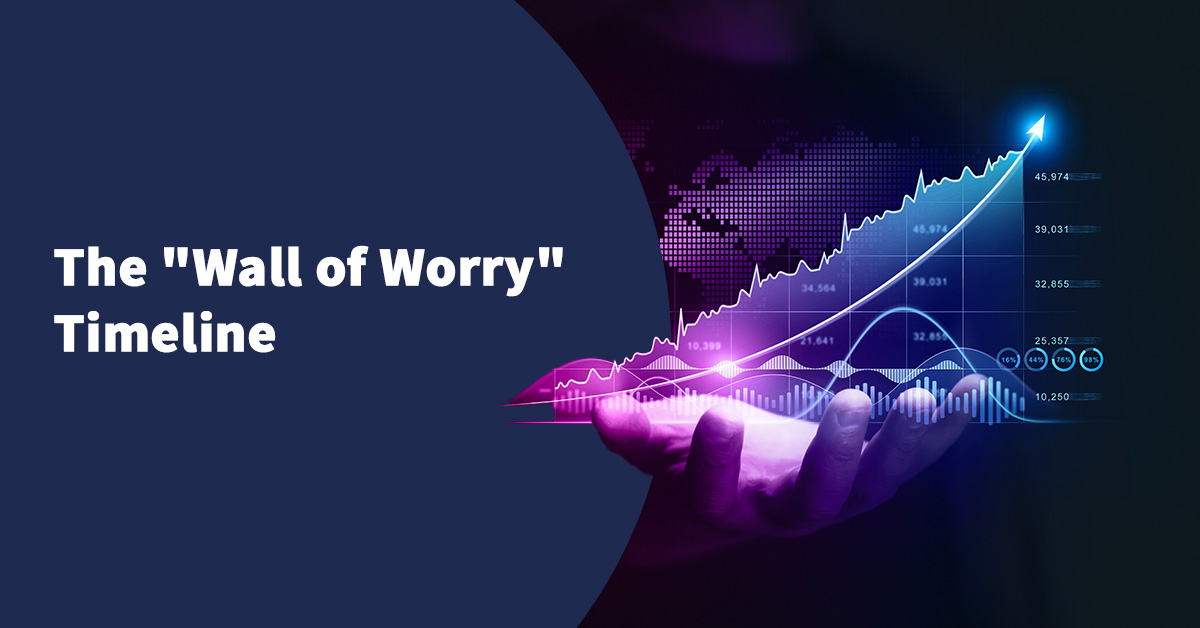The below article is written by David Booth, the Executive Chairman and Founder of Dimensional Fund Advisers.
I have worked in finance for over 50 years, and it seems that every January the same thing happens. Lots of folks look back at last year’s performance to draw conclusions they can use to predict what markets will do in the year to come. I don’t make predictions, but I do think it’s worth answering this question:
What are the lessons from 2019 that we can apply to 2020?Let’s go back to where we were this time last year. The words running across CNBC’s home page were, “US stocks post worst year in a decade as the S&P 500 falls more than 6% in 2018.” The Wall Street Journal summarised the state of market affairs with this headline: “U.S. Indexes Close with Worst Yearly Losses Since 2008.” Things felt ominous. We started the year with a lot of anxious people. Some decided to get out of the market and wait for prices to go down. They thought that after 11 years, the bull market was finally on its way out. They decided to time the market.We all know what happened. Global equity markets finished the year up more than 25% and fixed income gained more than 8%.

Missing out on big growth has as much impact on a portfolio as losing that amount.
How long does it take to make that kind of loss back?
And how is someone who got out supposed to know when to get back in?
The lesson from 2019 is: The market has no memory. Don’t time the market in 2020.
Don’t try to figure out when to get in and when to get out—you’d have to be right twice. Instead, figure out how much of your portfolio you’re comfortable investing in equities over the long-term so you can capture the ups and ride out the downs. A trusted professional can help you make this determination, as well as prepare you to stay invested during times of uncertainty.
Not enough “experts” subscribe to this point of view. They’re still trying to predict the future. You’ve probably heard the saying, “The definition of insanity is doing the same thing over and over again and expecting a different result.” I’ve seen people make this same mistake for 50 years.We’ll never know when the best time to get into the market is because we can’t predict the future. And if you think about it, that makes sense. If the market’s doing its job, prices ought to be set at a level where you experience anxiety.
It’s unrealistic to think the market would ever offer an obvious time to “get in.” If it did, there would be no risk and no reward.So what should you do in 2020?
Keep in mind 2019’s most important lesson (which is the same lesson from every year before): Stay a long-term investor in a broadly diversified portfolio. Reduce your anxiety
by accepting the market’s inevitable ups and downs. Make sure the people advising you align with your perspective.
Stop trying to time the markets, and you’ll find you have more time to do the stuff you love to do.
FOOTNOTES
- Source: MSCI World Index
- Source: Bloomberg Barclays Global Aggregate Bond Index
Find out how we can help you
If you would like to understand more about this topic get in touch
Related posts
 Published On: August 22, 2024|1.4 min read|
Published On: August 22, 2024|1.4 min read|Investing in Stocks Versus Hoarding in Savings? It’s All About the Equity Risk Premium (ERP)
Have you ever wondered why investing in the stock market can yield higher returns than just keeping your money in a savings account or fixed-term deposit? The answer lies in the Equity Risk Premium (ERP).
Read more
 Published On: August 18, 2024|1.2 min read|
Published On: August 18, 2024|1.2 min read|Inflation Made Real with Beers and Burgers
From 1990 to 2023, the price of a pint of beer in the UK has risen from £1.22 to £4.45, and a Big Mac from £1.40 to £3.69. A clear illustration of how inflation eats into our finances.
Read more
 Published On: August 12, 2024|0.9 min read|
Published On: August 12, 2024|0.9 min read|The “Wall of Worry” Timeline
This "Wall of Worry" timeline highlights major global crises from the past three decades. As investors, we often find ourselves concerned about the constant barrage of negative world events.
Read more









